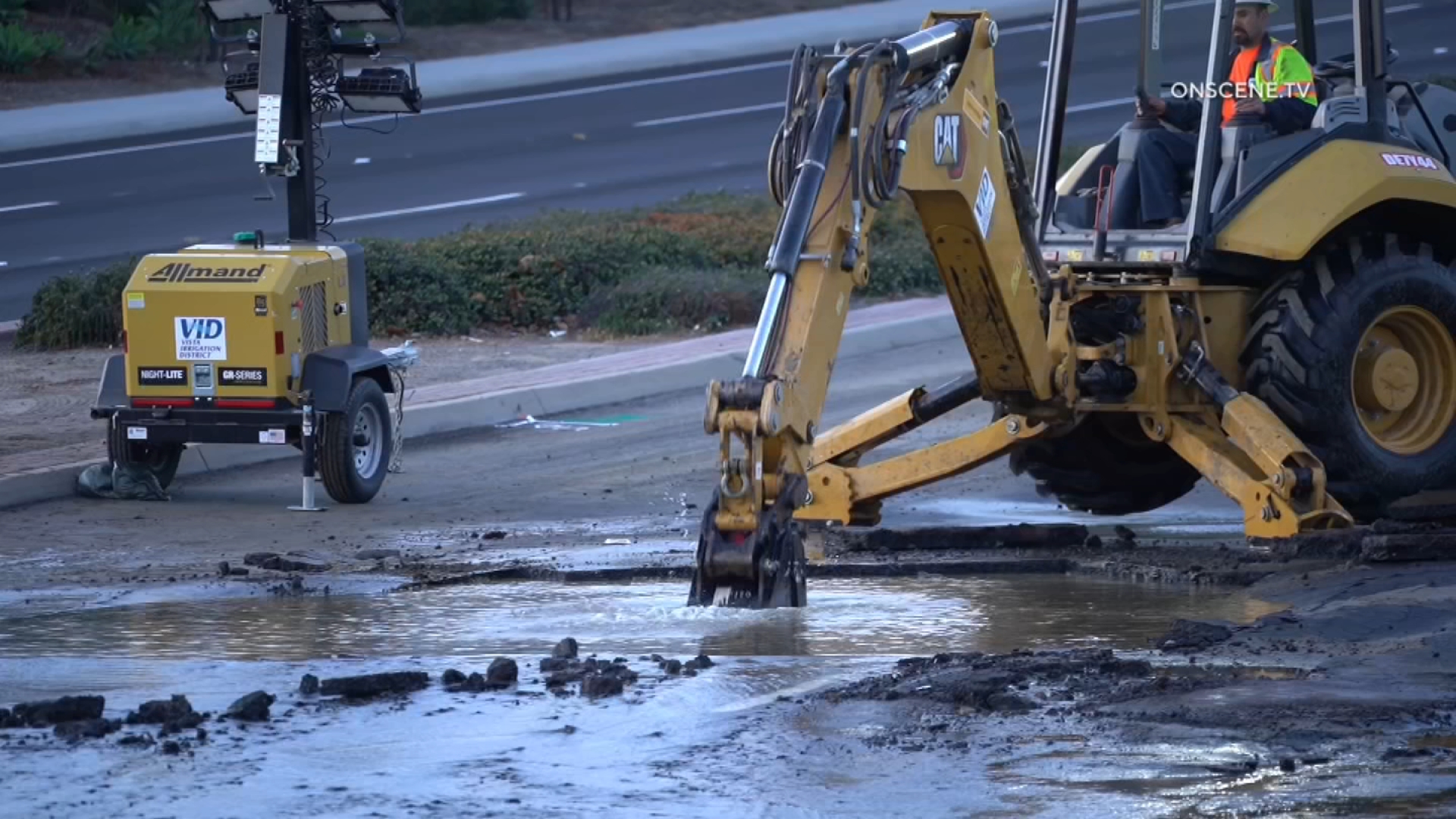A handful of senior citizens attentively listen to a Medicare open enrollment Q&A presentation at the Adult Enrichment Center in La Mesa. Among them is Brenda Gibson, who has tons of questions about her options.
“They send you this book and, my God it’s overwhelming,” said Gibson as she gestured with her hands a pretty thick book, “And one of the things I noticed last week, is that they can make changes in the plan, and you need to be on top of it.”
Experts say that as seniors muscle through the enrollment process, they become susceptible to scams pretending to be Medicare-related.

Get top local stories in San Diego delivered to you every morning. Sign up for NBC San Diego's News Headlines newsletter.
“Scammers follow the headlines just like you and I do, and they know it’s open enrollment season,” said Amy Nofziger, Director of AARP’s Fraud Victim Support. "If there is a dollar to your name, there is a criminal out there who will take it from you.”
If there is a dollar to your name, there is a criminal out there who will take it from you,
Amy Nofziger, Director AARP's Fraud Victim Support
Nofziger said she’s spoken to seniors who lost money and/or personal information to these types of scams, which include your medicare number which they will use to order products or services without you knowing and that you don’t need.
“They’re shocked because no one ever believes that they’re going to be a victim of a scam, but that’s just how good these scammers are,” said Nofziger.
She also explained that the closer we get to December 7, the open enrollment deadline, the stronger a senior may feel the pressure to agree to something they’ll regret later.
“We might not be thinking cognitively, we’re thinking emotionally, we’re thinking we got to get this done or we’re going to lose our insurance,” she said.
AAPR gives the following tips seniors can look out for themselves:
- Be suspicious of anyone who calls, emails, or visits you promoting a Medicare plan. Legitimate health plans will only contact you if you’ve requested information or you have an existing relationship with them.
- Review your Medicare or explanation of benefits statement to make sure fraudulent charges aren’t included.
- Take an active pause - a deep breath - when you feel pressured to make any sort of payment or give out personal information.
“Step out, take a pause, and say, ‘Is this something I want to do right now? Especially when I might be feeling pressured and stressed.’”
Gibson said she has received her share of calls, emails, and texts from people who she says acted so suspicious that she ended up hanging up on them or deleting their texts.
“I’m getting a lot of phone calls from people that I don’t know, and they know that they don’t know you,” she said indicating how relieved she feels that as far as she knows, she’s never been scammed out of her money or personal information. She hopes to keep it that way in her golden years.
“Peace of mind more than anything, and to lose that at this age, it wouldn’t be a good thing,” she said.
If you find yourself the target or victim of a scam, AARP offers a free support unit in place called the AARP Fraud Watch Network which can help you identify scams and, protect and recover your identity.
.



